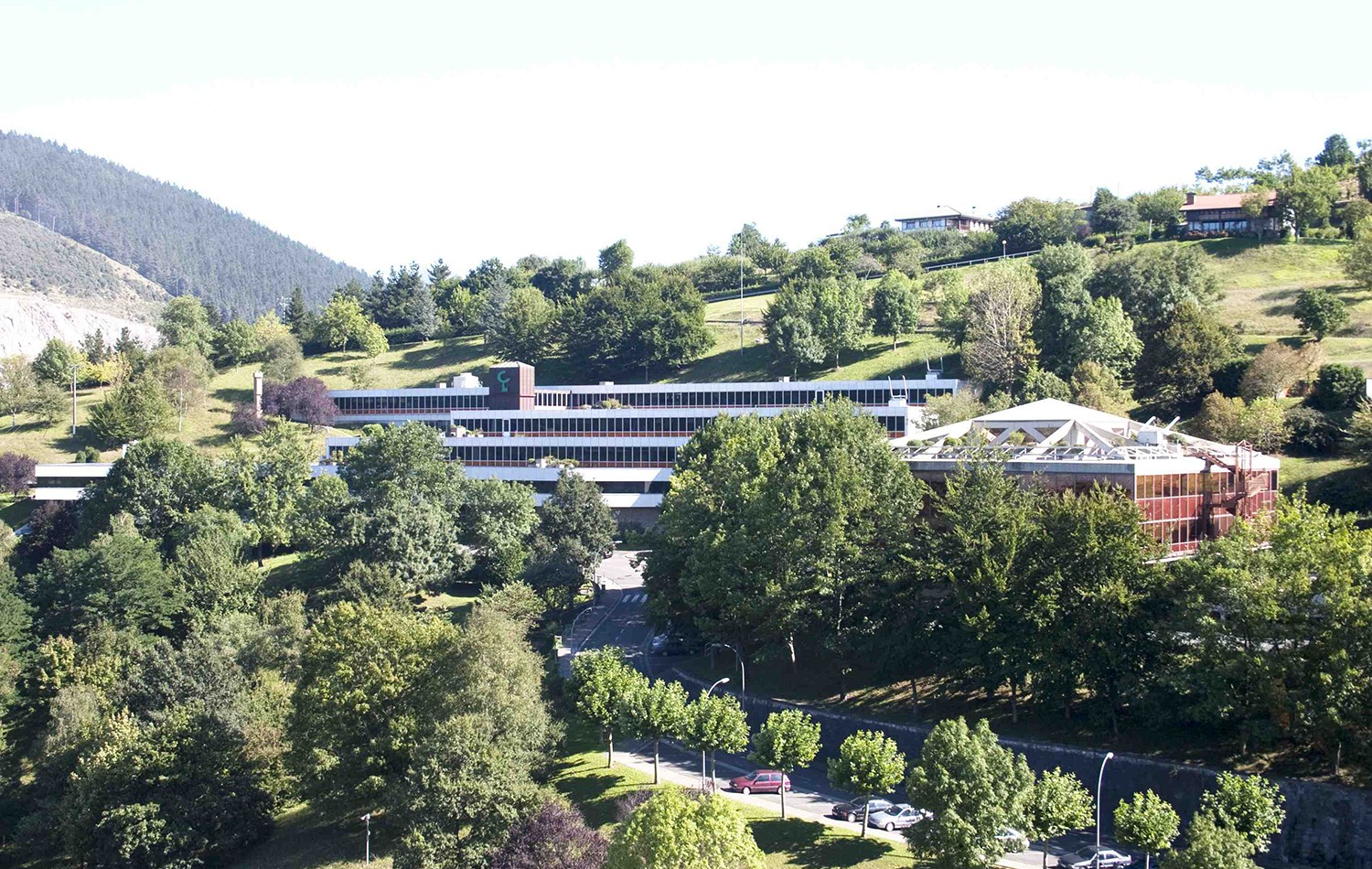Oxfam’s new report, “Reward Work, Not Wealth”, says co-ops can offer a solution to the world’s “inequality crisis”.
The report shows that last year a new billionaire was created every two days, with dangerous, poorly paid work supporting the extreme wealth of the few. 82% of all wealth created last year went to the top 1%. This amount was enough to end world poverty seven times over.
Woman overwhelmingly experience the worst working conditions, it says, while nine out of ten billionaires are men.
But the report signals hope. While the mantra of maximising returns for shareholders has become a straitjacket that traps business into driving inequality, “businesses, social movements and entrepreneurs have generated a range of concepts that try to wriggle free”.
The report says co-ops are one of the most important of these alternative models for designing a fair economy.
Oxfam recommends incentivising business models that prioritise fairer returns, including co-operatives and employee participation in company governance and supply chains.
“Our economies could be built with these progressive structures if political leaders prioritise policies that finance, support and foster such models,” it says.

The report cites studies that show employee-owned companies generate more employment growth and higher pay for their employees. It gives the example of the Spanish multinational co-operative, Mondragon, where job security is promoted, decision-making is democratic and wages are highly equitable. It has a turnover of $13 billion and employs 74,000 people.
Melina Morrison, chief executive of Australia’s Business Council of Co-operatives and Mutuals, welcomed what is now Oxfam’s fifth annual report on the global community.
“Oxfam have made a call-to-action for a new economy guided by the principles at the core of co-operatives,” she said. “When we have the kind of inequality outlined in their report this cannot be ignored.”